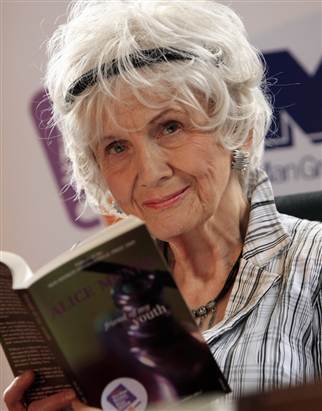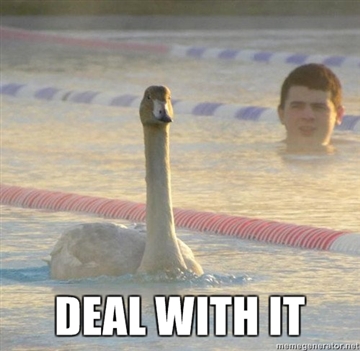Do you like football? I must confess that it is not really my cup of tea. I tried to gauge an active interest in it back in 2011, a time in my life where football chat was ubiquitous and I did what I could to stay in the loop. Though watching the Premier League final that year was genuinely exciting, it was exhausting trying to maintain a regular and active interest in football after that. Sorry, guys. I bought this book a while ago to awaken some interest again but the book wasn’t really what I was expecting.

The Damned Utd wasn’t that great. It tells the story of Brian Clough, a big name in the history of British football. Ex-footballer turned football manager, the novel manically zigzags between his past managing Hartlepool and Derby County in the late 60s/early 70s, and his present in 1974 where he spent forty-four days managing Leeds Utd. If the overly dramatic narrative wasn’t a giveaway, Clough is a notorious tough, rough, hard-as-nails sort of guy and was renowned for his shitty attitude to other football players and his volatile nature. He sets fire to the previous manager’s old desk out of pride (though in real life, this never happened, and it’s the only exciting part of the book). Every other sentence has some kind of expletive in it. Clough is let go by Leeds Utd after he alienates half the players and basically fucks shit up. In the novel, we get Clough’s tortured psyche in the first and second person. Get a load of this:
You pace and you pace, up and down your carpet. Back and forth, you pace and you pace. The walls getting closer and closer, the room getting hotter and hotter. It is Sunday lunchtime and you can hear the church bells pealing, smell the Sunday joint cooking. Roasting. Peter is sat on your sofa. Peter is smoking. You pick up the phone. You telephone Longston at his home –“Can I have your permission to sack Stuart Webb? He’s locked the bar”.
“I know,” Longston tells you. “Stuart was action on my instructions.”
“He was what? Why? What’s going on?”
“You just get on with managing the team,” he tells you and hangs up.
You put down the telephone. Slam it down. Break it –
Peter is sat on your sofa. Peter is crying –
It is Sunday 14 October 1973
This just wasn’t my bag. The narrative was exhausting and difficult to take that seriously. Short clipped sentences, gratuitous swearing, mental machismo – it was relentless. It suffered from trying to be too punchy, grizzly and edgy. Are all sport-related books like this? In fairness, the novel was more about Clough’s notorious character rather than about the sport that defines him, but the dramatics were layered on a bit too thick. I think that it helps to be initially interested in football in the first place to get anything out of this book, particularly as knowledge of football culture is taken for granted. Would recommend to hardcore football fans or to those who like biographies to be simplistic, intense and, most importantly, over-the-top.








